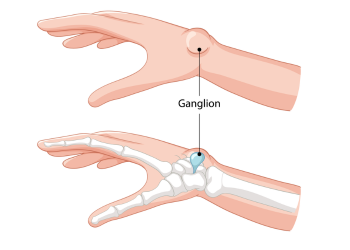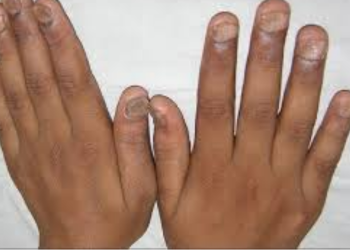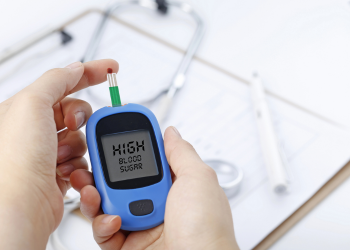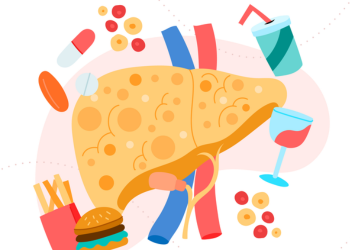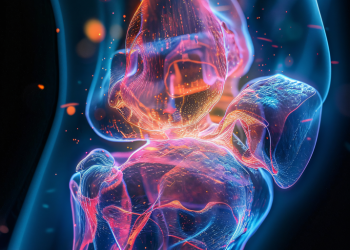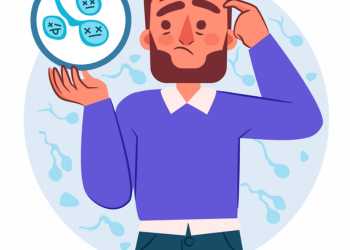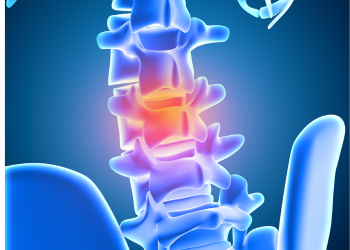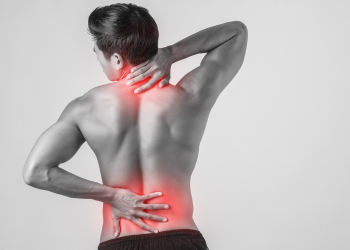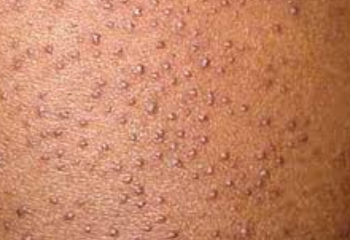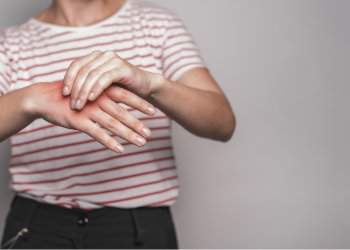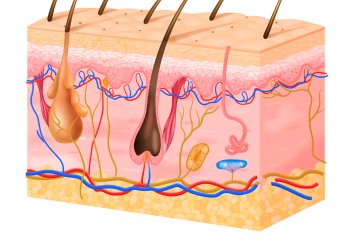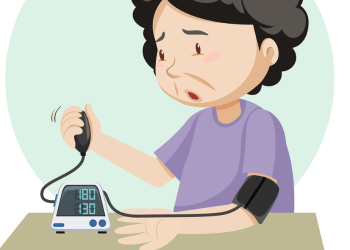
High blood pressure is a common condition that affects the body's
arteries. It's also called hypertension. If you have high blood pressure, the
force of the blood pushing against the artery walls is consistently too high.
The heart has to work harder to pump blood.
Blood pressure is measured in millimeters of mercury (mm Hg). In
general, hypertension is a blood pressure reading of 130/80 mm Hg or
higher.
Blood pressure categories
Normal blood
pressure. Blood pressure is lower than 120/80 mm Hg.
Elevated blood
pressure. The top number ranges from 120 to 129 mm Hg , and the
bottom number is below, not above, 80 mm Hg.
Stage 1
hypertension. The top number ranges from 130 to 139 mm Hg , or
the bottom number is between 80 and 89 mm Hg.
Stage 2
hypertension. The top number is 140 mm Hg or higher or the
bottom number is 90 mm Hg or higher.
Blood pressure higher than 180/120 mm Hg is considered a
hypertensive emergency or crisis. Seek emergency medical help for anyone with
these blood pressure numbers.
TYPES OF HYPERTENSION
Primary
hypertension: Causes
of this more common type of high blood pressure include aging and lifestyle
factors, like not getting enough exercise.
Secondary
hypertension: Causes
of this type of high blood pressure include different medical conditions or a
medication you’re taking.
CAUSES
Primary
hypertension doesn’t have a single, clear cause. Usually, many factors come
together to cause it. Common causes include:
Unhealthy eating patterns (including a diet high in sodium)
Lack of physical activity
High consumption of beverages containing alcohol
Secondary
hypertension has at least one distinct cause that healthcare providers can
identify. Common causes of secondary hypertension include:
Certain medications
Kidney disease
Obstructive sleep apnea
Primary aldosteronism (Conn’s syndrome)
Recreational drug use
Renal vascular diseases
Tobacco use (including smoking, vapingand using smokeless tobacco)
SYMPTOMS
Most people with high blood pressure have no symptoms, even if blood
pressure readings reach dangerously high levels. You can have high blood
pressure for years without any symptoms.
A few people with high blood pressure may have:
Headaches
Shortness of
breath
Nosebleeds
RISK FACTORS
Age. The risk of high
blood pressure increases with age. Until about age 64, high blood pressure is
more common in men. Women are more likely to develop high blood pressure after
age 65.
Race. High blood
pressure is particularly common among Black people. It develops at an earlier
age in Black people than it does in white people.
Family
history. You're more likely to develop high blood pressure if you have a
parent or sibling with the condition.
Obesity or being
overweight.
Lack of exercise.
Tobacco use or vaping.
Too much salt, also called
sodium, in the body can cause the body to retain fluid. This increases blood
pressure.
Low potassium levels.
Drinking too much alcohol.
Stress.
Certain chronic
conditions.
Pregnancy.
COMPLICATIONS
The excessive pressure on the artery walls caused by high blood pressure
can damage blood vessels and body organs. The higher the blood pressure and the
longer it goes uncontrolled, the greater the damage.
Heart attack or stroke.
Aneurysm.
Heart failure.
Kidney problems.
Eye problems.
Metabolic syndrome.
Changes with memory or
understanding. Uncontrolled high blood pressure may affect the ability to
think, remember, and learn.
Dementia.
MANAGEMENT
Lifestyle changes to lower your blood pressure.
Keep a weight that’s
healthy for you.
Eat a healthy diet. An
example is the DASH diet.
Cut down on salt. Ideally,
limit your sodium intake to no more than 1,500 milligrams (mg) per day.
Get enough potassium.
Exercise
Limit alcohol.
HOMEOPATHY
MEDICINE
RAUWOLFIA SERPENTINA
ALLIUM SATIVA
LYCOPUS VIRGINICUS

